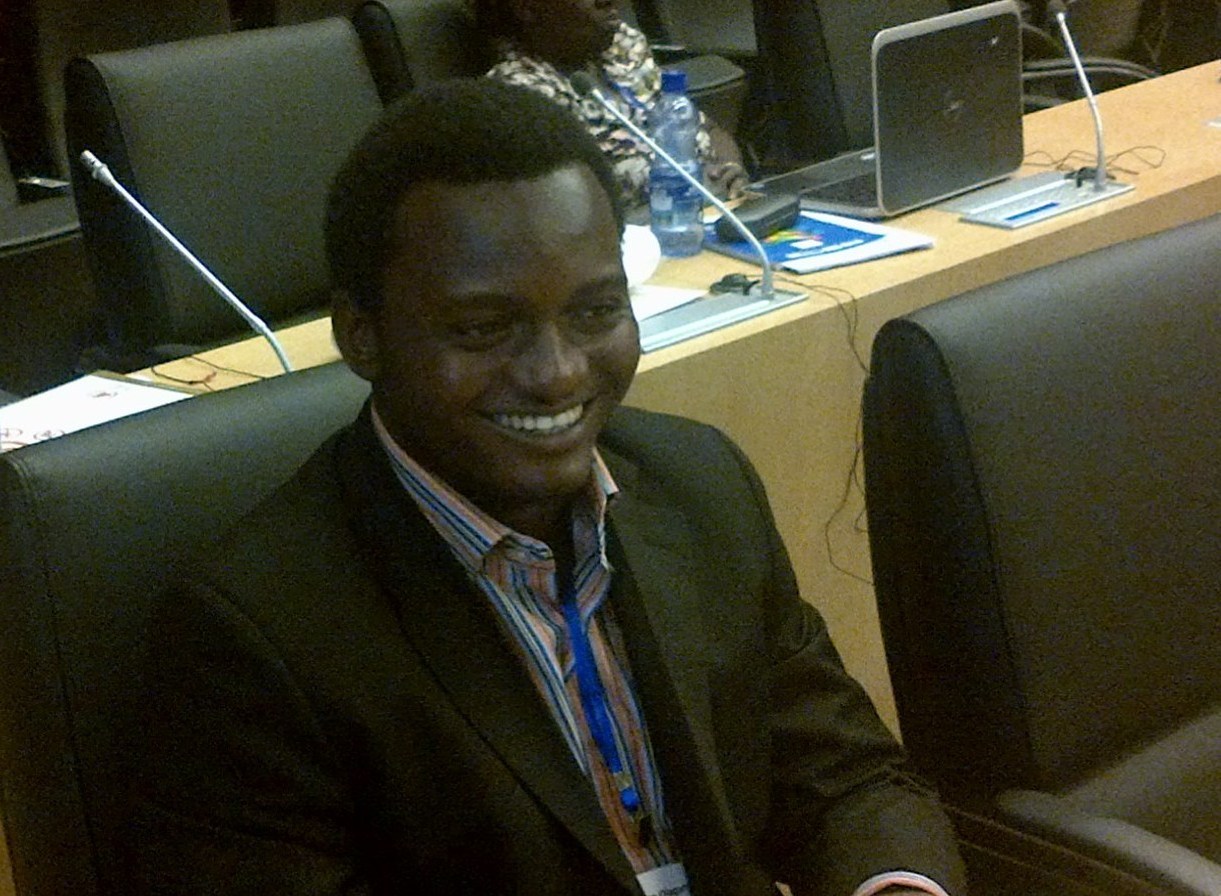If we must go by the World Bank report that says that in Sub Sahara Africa, one out of every two persons daily keeps head above water with less than US $1.25 per day, which is just about N200, and that approximately, 70% live in rural areas, it then becomes easier to see that we can’t remove poverty from the major course of migration in Africa most especially as it affects young people. Living in the city will always rob anyone of the opportunity to clearly validate some of these incredible statistics. And that’s clearly one of the reasons former president, Obasanjo allegedly said in 2003 that Nigerians can afford to pay N100 for a litre of petrol if they can comfortably gulp a bottle of drink for that same amount. What an un-thoughtful statement from one of Nigeria’s greatest general!
The former president’s insensitive statement helps us to realize that many African leaders are absolutely blind to the pulse of the people they govern. That I served as a youth corper in one of the poorest state in northern Nigeria –Jigawa, helped me in putting the poverty problem in Nigeria in proper perspective. In those days, I see young kids who daily rub shoulders with abject poverty and penury paint a picture of how life in Lagos is full of bed of roses, and that helps to explain why we have many beggars and destitute who wander around the city. This is the major reason why some state governors are presently at loggerheads as a result of the unconstitutional deportation and involuntary “porting” of destitute.
Just the same way many of the poor and jobless youths from the north and other parts of the country abandon their rain-fed farmland to hustle around Lagos and other cities in the country; many educated but frustrated youths in the city earnestly seek to move into Europe or other better part of the world to better their lot. And when we look critically, again we realize that the same way many migrant work hard to find work in the new country they migrate to, many of the rural-urban migrant labour tirelessly and fruitlessly in the new cities they find themselves. Since many are unprepared and ill-equipped for the new challenges and risks, crime, violent acts of theft, trafficking, and robbery becomes an alternative.
According to Amnesty International Report released in June, 2000, in May of the same year, seven Nigerians were beheaded after being convicted for robbing a bank in Saudi Arabia, while three others involved in the same crime had their hands and feed cut off. A year after that, Dr. Dalhatu Sarki Tafida, the High Commissioner of Nigeria to the United Kingdom made it clear that there are too many Nigerians citizens in the United Kingdom surviving through illegal acts involving credit card scams, forgery of immigration papers and the likes. According to him, well over 1,000 Nigerians were locked in prisons as at the time he was appointed the high commissioner.
At this point, it has become crucial that Nigeria and the government of other African nation must through innovation and strategies create a better living condition for its youth so as to dampen the misguided belief that equates life as a bed of roses in Europe and developed nations.
From my one year experience in northern Nigeria, I realized that all government needs to do to discourage urban drift from rural youths is to invest in agriculture, such that it becomes viable and attractive by improving agricultural practices. Truthfully, many of these uneducated youths can escape poverty if returns from their farm produce are enhanced. Presently most rural employments are in small scale agriculture where their involvement mostly includes unpaid farm work instead of being farmers in their own right. Hence they become incapacitated to fuel economic growth and prosperity.
Though migrations in a way add up to brain drain when it involves the flight of large groups of individuals with specific skills and knowledge, yet, migration is not totally a phenomenon with no advantage. There are ways in which Africa can position itself to juice out some of its benefit. The best lecturer I had in my final year in school was a particular woman who left the department at my entry level for studies in the UK, she returned with her Ph.d in my final year and she succeeded at opening my eyes and that of my colleagues to the fresh innovations and the relevance of my course of study as it affects global development.
Lanre Olagunju is an hydrologist turned freelance journalist. An alumnus of the American College of Journalism, Lanre advocates on several international platforms for the prosperity and absolute well-being of the African continent. He is @Lanre_Olagunju on Twitter.


